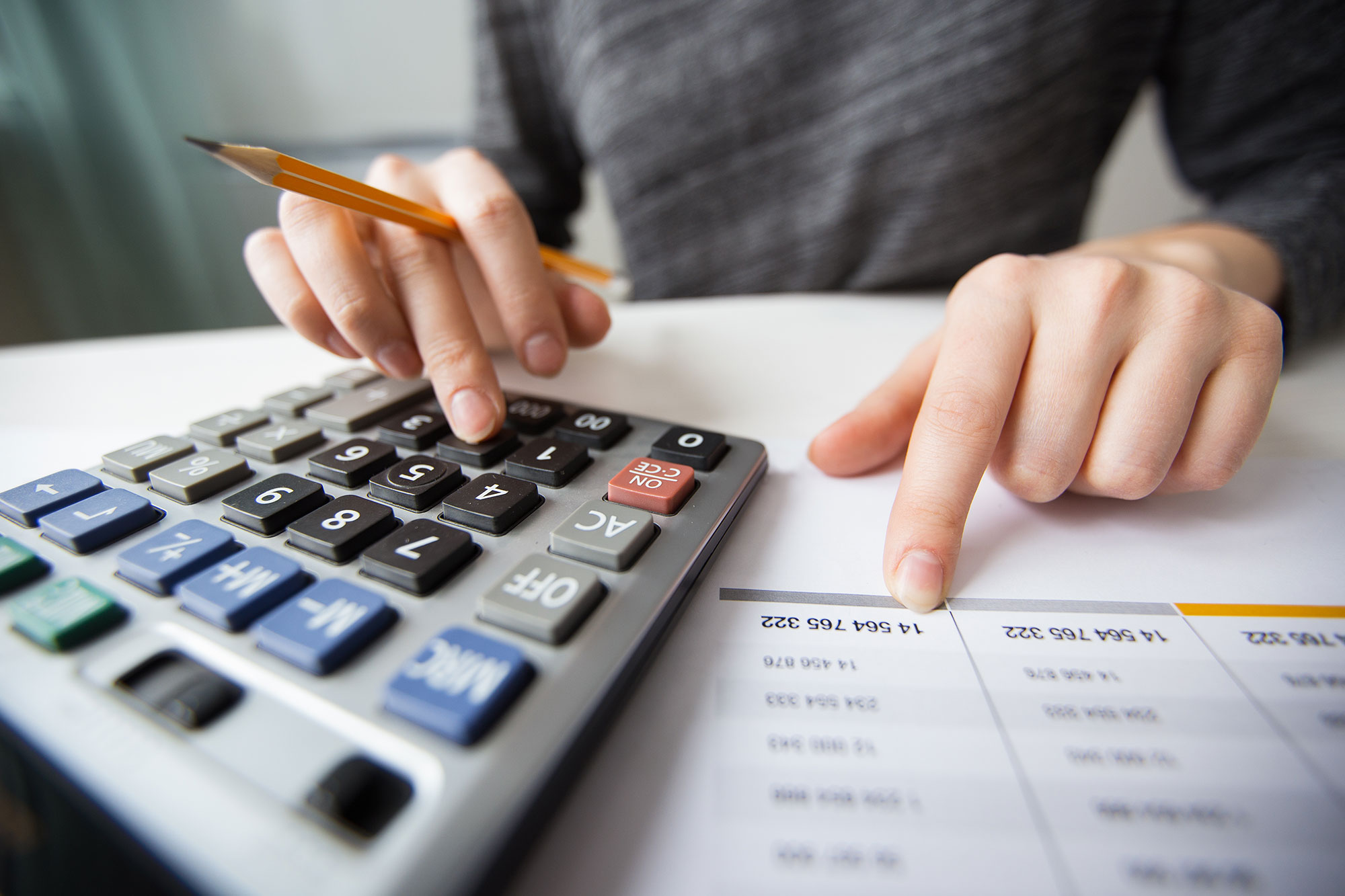
If you are a business seller and want to post an ad for selling your business, you need to assess the net value of your business. By doing this, you can estimate the appropriate selling price.
Personal biases
If you are about to sell your business, you will no doubt be partial or biased towards it. After all, you would have invested many years, effort and energy not to mention money, into your business. This emotional level of attachment can lead to a strong bias in favor of your business, which in turn can hamper the valuation of your business. You need to take an objective look at your business to arrive at the best selling price. If you are in doubt, consult a qualified accountant to help you find the best value.
Precision is important
When you are estimating the selling price of your business, you need to be precise in setting the value. If your selling price is set too high, it may not sell or may take more years to sell off. If you set the price too low, it can mean incurring losses on your account.
Methods of valuation
There are several methods involved when it comes to evaluating the true price of your business. Here are some of the common techniques used:
Multiple discretionary cash flow: This technique is often known as an owner’s benefit and is typically used in small businesses to determine value. Find out the adjusted profits your business generates and the industry multiplier appropriate for it. However, one drawback of this method is that proper calculation is critical and the proper multiplier should be used.
Discounted cash flow: This represents a sophisticated technique to evaluate a business. It is determined based upon the cashflow estimated in the future of the business. Various forecasting methods are used and then discounting methods applied to revert to the current scenario. Capitalization rates are accounted for and the ultimate goal of this method is to arrive at the current value of the projected cash flow generated by the business.
Recent sales
One other common tactic used by many businesses is to check on the selling price of other similar businesses, which have been recently sold to buyers. This can help you estimate a more real and practical price on the business. Since the selling price of a business is confidential, you may not be able to get this information. Hence, consult an accountant to get this information.
Things to consider
Do not generalize: One mistake many sellers make is to use simple rules to estimate their business-selling price. Valuation of your business is a science and art and generalizing on using a rule will not help.
Online evaluation not always precise: There are several online calculators, which claim to provide accurate estimates on selling price. Use these sites with caution.
Asset-based evaluation: This technique of valuation tends to overlook aspects like intangible assets and goodwill of a business and hence may not provide an accurate selling price estimate.